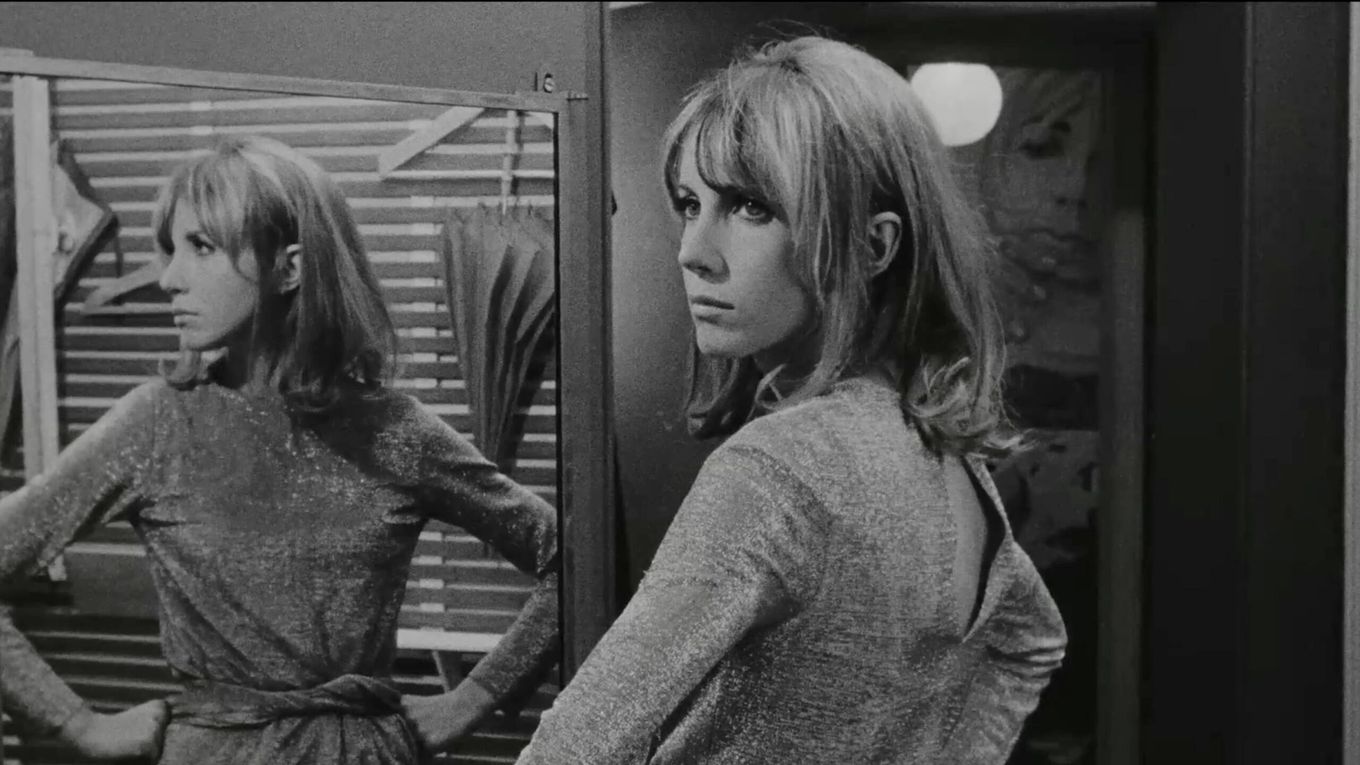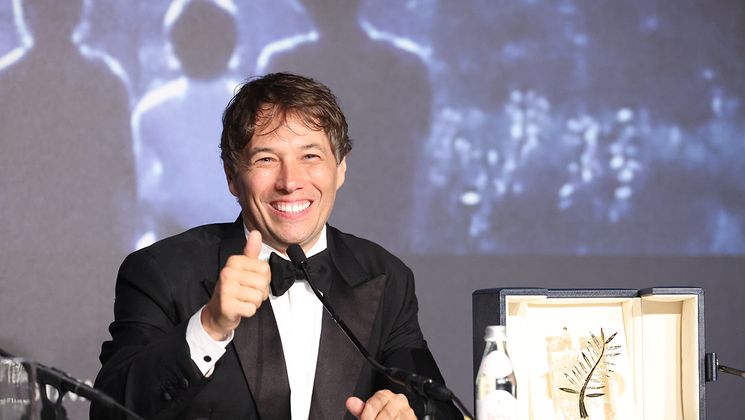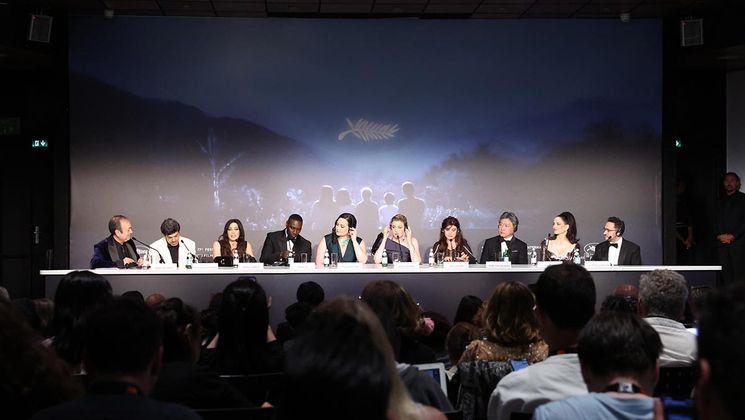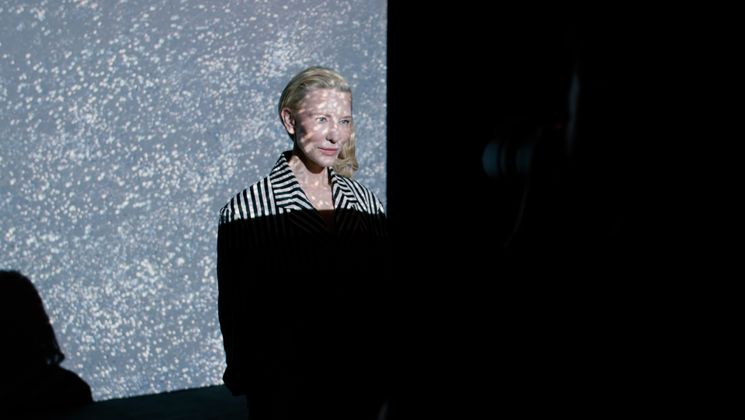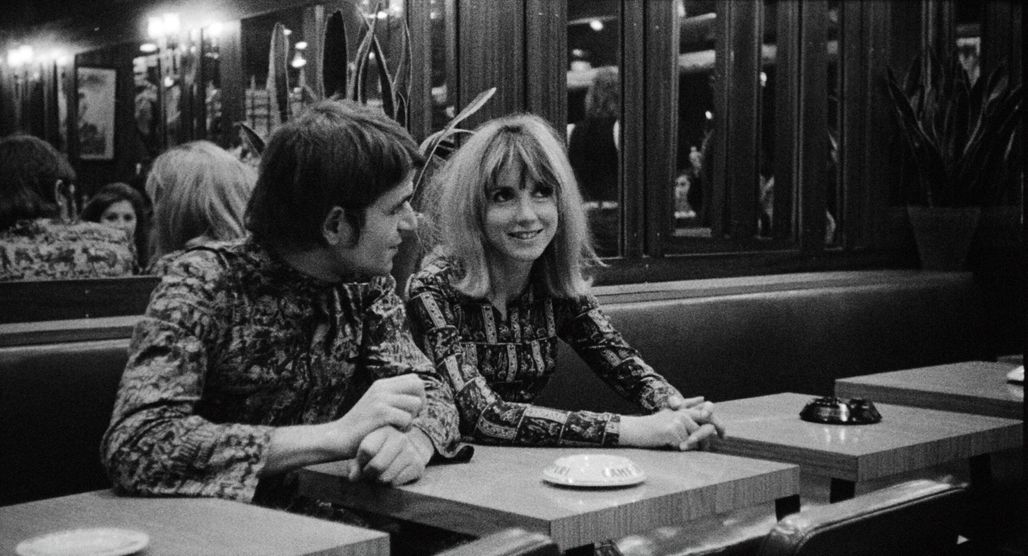
Jean-Pierre Khalfon remembers “L’Amour fou”

Fifty-four years after its theatrical release, Jacques Rivette‘s L’Amour fou is back on French cinema screens in a restored version presented at Cannes Classics last May. Jean-Pierre Kalfon, who composes with Bulle Ogier the couple adrift from this emblematic work of the New Wave, shares his memories of the shooting.
L’Amour fou was your first collaboration with Jacques Rivette. How did the two of you meet?
Bulle Ogier and I were performing in Les Idoles, a musical by Marc’O. Jacques Rivette felt that we made a good pairing, and chose us for his next film. I was very flattered to be working with one of the great directors of the French New Wave. His film La Religieuse (The Nun), with Anna Karina, had just been a huge hit: his star was rising and I felt I had a lot to gain from working with him.
What did you learn from him?
He taught me that behind a script, there is soul. The characters in the film have depth; they are beings who are searching for something. Through theatre, through cinema, they live their lives. Jacques Rivette encouraged us to get in our characters’ heads. With him, I wasn’t really acting, I was myself in front of the camera.
One of the themes of the film is jealousy, is that something you had in mind during the scenes with Bulle Ogier?
As filming progressed, I understood that the “amour fou” – the mad love or passion – was that of a woman for her man. Sébastien, whom I play in the film, has become distracted, and is no longer fully invested in his relationship with Claire (Bulle Ogier). He is losing interest, and his spouse refuses to accept it. She is absolutely determined to continue, to concretise their love.
Filming took just five weeks. How did Jacques Rivette rally his troops in such a short time?
At the time, cinema was going through a period of change. People were starting to make films more instinctively; you’d be told about the scene in the morning, you write the dialogue with the director and partners, then you film. Things happened fast. At the start of filming for L’Amour fou, the script was two pages long. We wrote everything on the day to leave more room for improvisation.
The film is over four hours long; why did Jacques Rivette opt for such a lengthy work?
At the time, feature films were mostly spectacular, big-budget films like Anthony Mann’s El Cid, starring Charlton Heston and Sophia Loren. With L’Amour fou, Jacques Rivette chose to make a long, introspective film. He filmed the actors over time. When the camera focuses on someone, the audience enters the head of the person being filmed, while static shots help the viewer to see what the director wants to show.
Is L’Amour fou still relevant today?
It’s a profound work. Jacques Rivette went looking for something beyond the image. Behind the imagery, there is soul. He tried to give the audience something to which everyone can relate.
A 4K restoration by Véronique Manniez-Rivette and Les Films du Veilleur, with the support of CNC, by the Hiventy laboratory in Boulogne-Billancourt, and under the supervision of Caroline Champetier, AFC.
